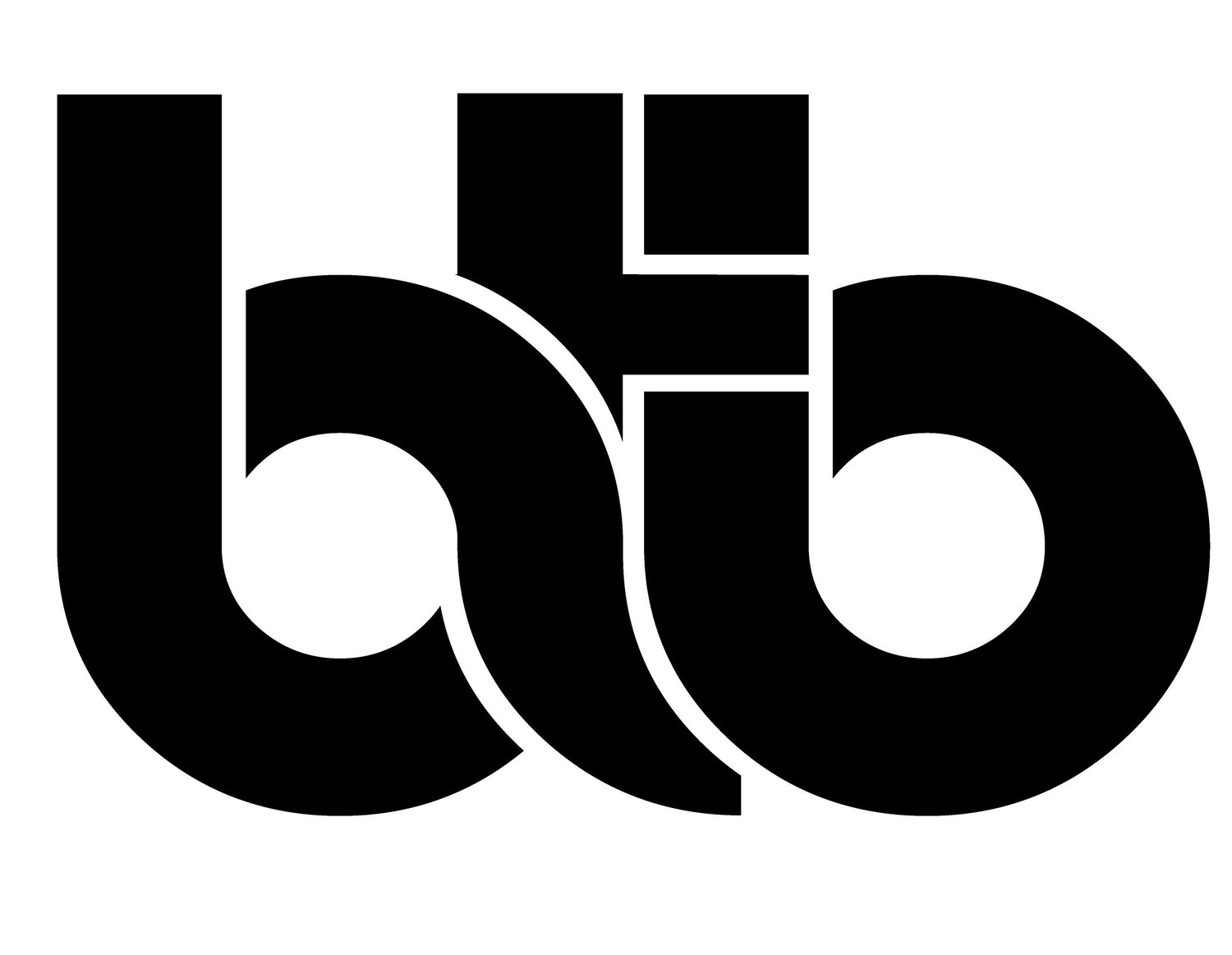“Life doesn’t make any sense without interdependence. We need each other, and the sooner we learn that, the better for us all.” -Erik Erikson
At James Madison University Dr. Blankenship has taught Psychological Research Methods & Cultural Psychology.
My philosophy of teaching includes three main components:
Prioritize teaching methods, skills, and learning goals that increase interdependent engagement.
Allow the college classroom to be a place where students can explore, create, and challenge their current understandings of the self in social context.
Make the classroom feel approachable, engaging, and relevant, especially in our increasingly interconnected world, by thoughtfully incorporating technology.
Interdependent Engagement
I want my students to leave James Madison University, not only more knowledgeable about psychological science, but also as better local, national and global citizens. I believe this requires two things:
First, students need to discover and cultivate a sense of interdependence with their fellow students, their communities, and the world. To do this, I use teaching methods (e.g. team-based learning), focus on skills (e.g. group collaboration), and select learning goals (e.g. explain how one’s own community is connected to another community through shared oppression/privilege) to make students realize that focusing on their own individual efforts, abilities, and experiences can only get them so far.
Second, to be better citizens of the world, it is important that students develop skills and self-efficacy that makes them more likely to engage with the world around them during and after college. To achieve this, I include several “community-engaged” assignments/activities in my classes. Through these activities, students learn how to take the knowledge they learned in the classroom and apply it in the real world, with the goal of improving their communities for the better.
Self in Context
Although I critique our societal focus on independence in many of my classes, and even try to undo some of this with the previously described component of my teaching philosophy, I also think it is important for students to learn about and understand themselves, as an important part of their college experience. In order to achieve this goal, I have students constantly engage in reflective practices, asking them to find the personal relevance of the topics/theories that we are covering. Not only does this make the content more tangible and personally-relevant (increasing buy-in), but this sets the stage for my ultimate goal in this regard, which is critical thinking and challenging conventional notions of the self and how it is affected by social context.
Technology
As a technophile and technology optimist, I believe that technology can empower us to achieve some of our most important goals as a society, including the education of our students. Therefore, using the skills I learned while completing my technology-focused teaching certificate at The University of Michigan’s Center for Research on Learning and Teaching (CRLT), I attempt to thoughtfully incorporate technology into all aspects of my teaching. No only does this allow students to have a more engaged, approachable, and accessible classroom experience, but it also sets an example for them of how they can creatively leverage technology to meet their goals and solve problems. Furthermore, I could not achieve my other goals described previously without effectively leveraging technology. For instance, I have utilized Twitter in some of my classes, as a way to create a “hybrid discussion” of our topics. Twitter is a useful tool for enhancing the other learning goals because it allows students to make connects and engage with individuals far outside of their local communities and campus, while also undergoing a very public process of self-discovery/creation through profile composition and content generation.





